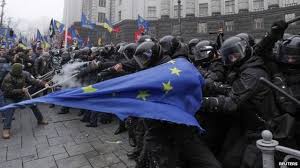
The EU and the one billion bitcoin question
From London to Rome, Warsaw and Athens, mainstream politicians seem determined to give us yet more of the medicine that caused the problems in the first place: deregulation, marketization, privatization and cuts to schools, hospitals and environmental protection. The public does not seem to trust the establishment any longer, but it has learned that changing governments does not lead to any significant change of government policies. We seem to be stuck with neoliberal recipes, with no alternatives in place. The one billion bitcoin question is why?
With the 2008 financial meltdown and then the euro crisis, we all know the price of neoliberal economics. Inequality within and across countries is cascading, with no U-turn in sight. Public money is chiefly used to help large multinational banks, but not to help small investors getting off ground or researchers inventing new technologies. Tax havens are tolerated, while state pensions are being cut. Governments seem determined to clamp down on small unemployment benefits, but not on executive directors’ huge bonuses. Zero hour contracts are spreading, and trade unions portrayed as harmful relics of the past. No wonder those autocratic rulers of China and Russia are looking at present-day Europe with contempt and self-satisfaction.
There are three possible answers, which focus on actors, democracy and ideology.
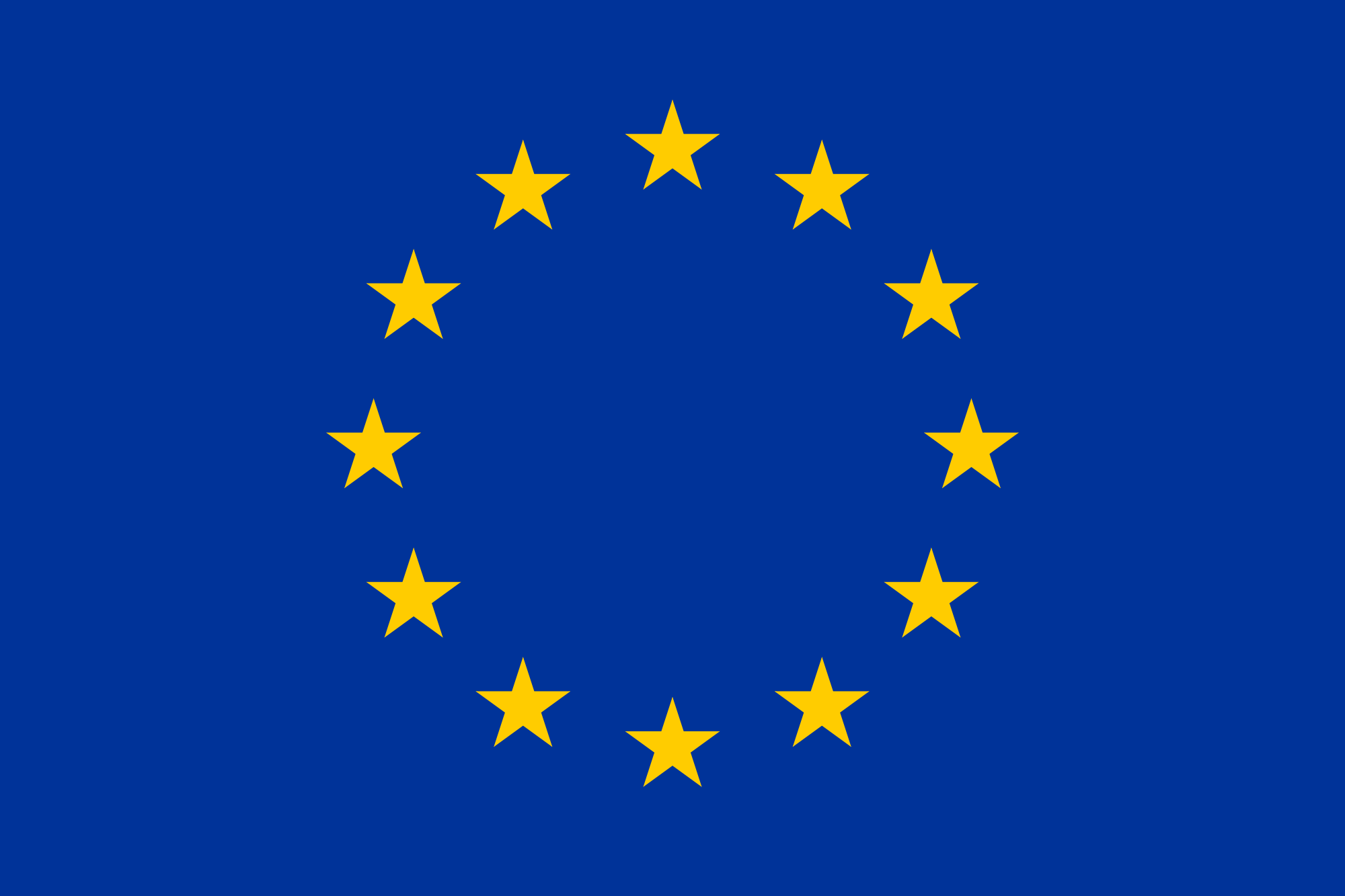
Lost in translation? Candidates for presidency of EU Commission debate European politics – in English
Tuesday afternoon, I went to the annual Dahrendorf Lecture in which German sociologist Ulrich Beck discussed the future of the European project. During the discussion following his talk, Beck asked the audience who among them had watched the first debate between candidates for the presidency of the European Commission, which had taken place the day before. Out of the 50+ members of the audience, four raised their hands. Considering this percentage in an auditorium full of Oxford students and faculty, who had specifically come to attend a lecture on the European Union, one can get an idea of just how strong the interest there is among the European public.
I was embarrassed that my hand had to stay down too, so that after the lecture I went home to watch the debate. Ten minutes into it, I stopped the video, took out pen and paper and began scribbling down notes for this post. For this debate revealed a unique and interesting feature of EU politics: the impact of language on political rhetoric.
The debate brought together four of the five contenders for the EU commission’s presidency: Jean-Claude Juncker (EPP), Ska Keller (EGP), Martin Schulz (PES), and Guy Verhofstadt (ALDEE) – Alexis Tsipras, the European Left’s nominee decided not to attend; Ska Keller is running together with José Bové. The Alliance of European Conservatives and Reformists, which is likely to gain significantly in the upcoming elections, declared in February that it would not field a candidate for the post. It did not want “to legitimise the idea that a European executive should be chosen by a federal legislature”.
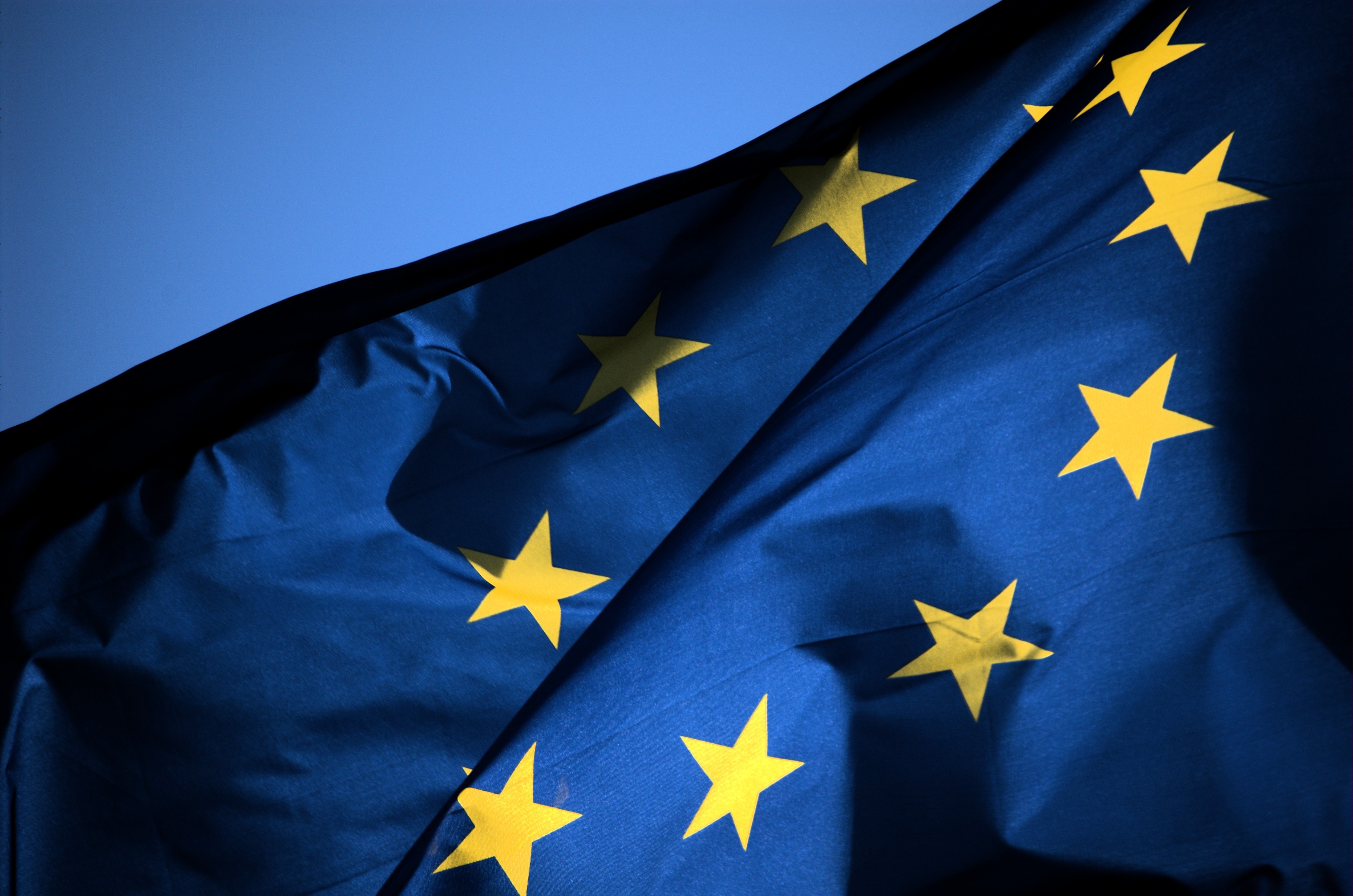
The EU needs a Plan C
Elections to the European Parliament in May will have a special significance. They will either help the EU regain public trust or let it sink further: it’s a “make it or break it” game.
Europhiles want to stick to the EU because the end of European integration is likely to hamper businesses and take Europe back to old style geopolitics with numerous destabilizing implications. They want to reform the EU, but they cannot imagine integration without it.
Eurosceptics have little trust in the EU’s ability to reform itself. They want to bring power back home from Brussels and replace European integration by inter-state cooperation.
Both groups are right and wrong on some issues, which means that neither Plan A nor Plan B is ideal. Eurosceptics are right to argue that reforming the EU is a hopeless exercise. In today’s huge and multi-layered Union, bold reforms are contentious while timid ones are useless. Would people rush to the ballot box in May if they were told that the European Parliament is no longer to travel between Strasbourg and Brussels? And does anybody believe that a president of the European Commission elected by a popular vote will be able to bridge differences between creditor and debtor states within the EU?
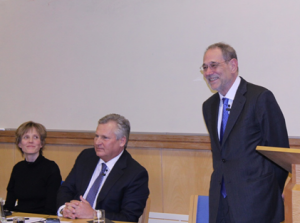
Ukraine and its Place in the World – podcast
Ukraine and its Place in the World - podcast
Play Episode
Pause Episode
Mute/Unmute Episode
Rewind 10 Seconds
1x
Fast Forward 30 seconds
00:00
/
Subscribe
Share
RSS Feed
Share
Link
Embed
Download file | Play in new windowOn 14 March 2014 the Russian and Eurasian Studies Centre at St Antony’s College hosted the 2014 Elliott Lecture: “Ukraine and its Place in the World”. Organised by Dr Paul Chaisty in September of last year, the seminar was intended to explore the implications of the November Vilnius summit and the prospects for the integration of Ukraine into the EU. Given the extraordinary events in the region over the last few months, the focus became Ukrainian territorial integrity. Held on the eve of the referendum in Crimea, the three participants considered the causes of the Ukrainian revolution and the ways in which the outcome of the Crimean referendum is likely to shape regional and international relations over the coming months and years.
Chaired by the Chancellor of the University of Oxford and former European Commissioner Lord Patten, the line-up included two distinguished politicians who have been deeply involved with Ukraine’s integration over many years: former Polish President Aleksander Kwasniewski and former head of NATO, Javier Solana. Dr Gwendolyn Sasse of Nuffield College, Oxford added her expertise on Ukrainian politics, and in particular on the issue of Crimea.
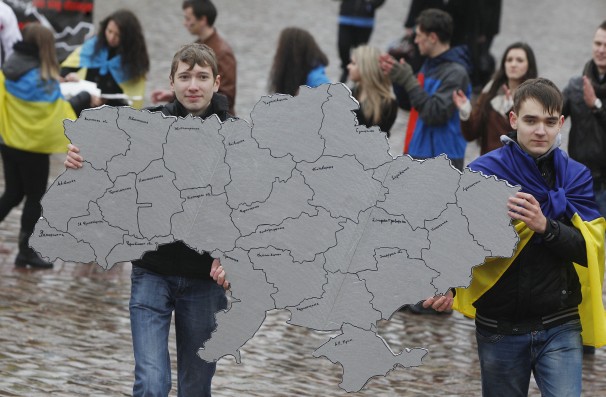
Building a federal Ukraine?
The idea of a remaking of Ukraine’s constitutional order along federal lines is beginning to gain traction. On March 18, Ukrainian Prime Minister Arseniy Yatsenyuk reached out to Russophones in the eastern and southern regions, announcing that “new measures linked to decentralization of power will be reflected in a new constitution.” Senior U.S. administration officials have encouraged the Ukrainian leadership to consider constitutional reform along federal lines.
On March 17, the Russian Foreign Ministry proposed the establishment of an international “support group” to manage the crisis. The list of items that Russia wants to be the basis for negotiation in Ukraine includes a new federal structure for Ukraine and the recognition of Russian as a second language.
Until recently the federal idea was an anathema among the greater part of Ukraine’s political elite. As a constitutional form it was largely rejected in the 1990s, partly as a negative reaction to the experience of Soviet federalism, and partly from fear of its centrifugal potential for splitting the country along ethnolinguistic fault lines.
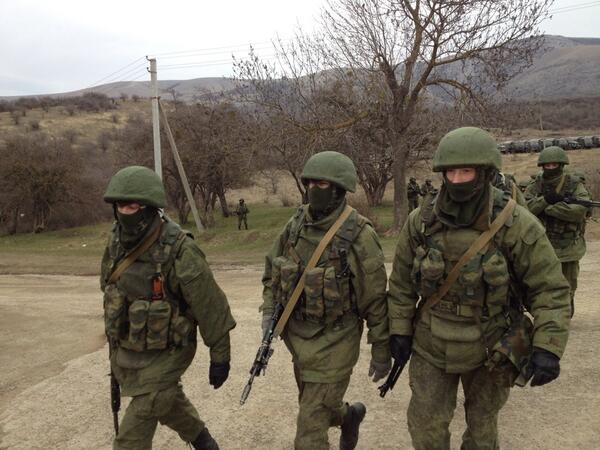
The events of recent days mean that Russia now holds all the cards over the secession of Crimea from Ukraine
The attempt to reassert secession in Crimea cannot be fully understood without locating it within a time frame that dates to the fall of communism in the early 1990s, and without recognising some other relevant key historical factors. This case is a legacy of the international management of secession in the 1990s, in which the EU (or EC as it was then) played a lead role.
The European Community’s “Arbitration Committee” under the chair of French constitutional lawyer Robert Badinter, was set up to give legal opinions on the secessions from Yugoslavia. It restated a number of international norms on secession and established three main principles. First when states were “in dissolution” the decolonising norm of uti possidetis juris would apply, namely, that secession would only be permitted to the next highest administrative entities below the state level. The conclusion was that there could be “no secession within secession” – a decision which excluded Kosovo from legal recognition as a secessionist case.
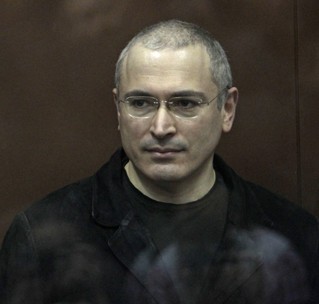
The Putin-Khodorkovsky dichotomy: The media got it all wrong
It looked like a scene from a Cold War spy thriller. 24 hours after his release, Oligrach Mikhail Khodorkovsky, who ended a 10-year sentence, appeared in Berlin wearing a heavy duty Russian air-force jacket and smiling broadly. It was, however, the Russian President Vladimir Putin’s announcement about Khodorkovsky’s early release which caught a lot of people by surprise. A global media spectacle followed.Journalists and commentators scrutinised whether Putin’s decision symbolised a political strength or weakness, whether Khodorkovsky admitted his guilt, and whether he is going to become a political opposition figure or remain in exile. Media outlets appeared to be outpacing one another in applying dramatic labels to the momentous event.
A reflection on the media coverage along with the analysis of Khodorkovsky’s interviews of the past few days, however, paints a more ambivalent picture and suggests that the dichotomies and sensational labels applied are often not fitting. The “surprise” label attributed to Putin’s decision, the “disappointment” characterising public reaction at Khodorkovky’s apparent disinterest in re-entering Russian politics, and the “Dissident versus Despot” dichotomy applied to the Putin-Khodorkovky’s relationship, bear closer scrutiny. A closer look at his latest interviews highlights Khodorkovsky’s complex personality and well-formed, but somewhat, contradictory political views.

Scotland: What will happen after the vote
At 650 pages Scotland’s Future is not a light read. It stands as the Scottish Government’s manifesto for a yes vote in the independence referendum. The volume ranges from profoundly important questions relating to currency and Scotland’s membership of the European Union, right down to weather-forecasting and the future of the National Lottery. Though it is likely many copies of Scotland’s Future will be printed, it is unlikely many will be read from cover to cover. Its authors probably do not regret its length: by its very heft, the volume seeks to rebut claims that the consequences of independence have not been carefully thought through. This post considers the immediate constitutional consequences of a yes vote in light of Scotland’s Future. Its central argument will be that the timescale proposed by the Scottish Government for independence following a referendum is unrealistic, and may work against the interests of an independent Scotland.









